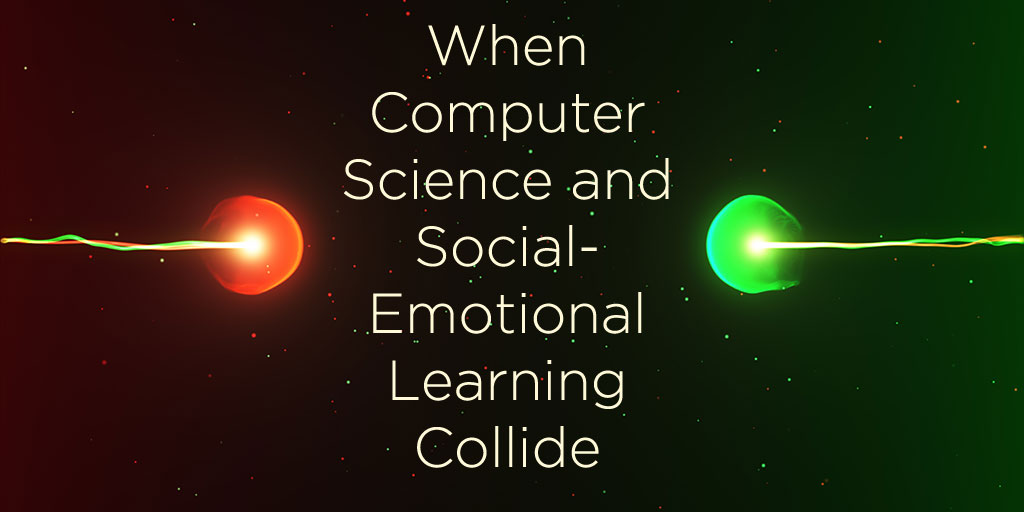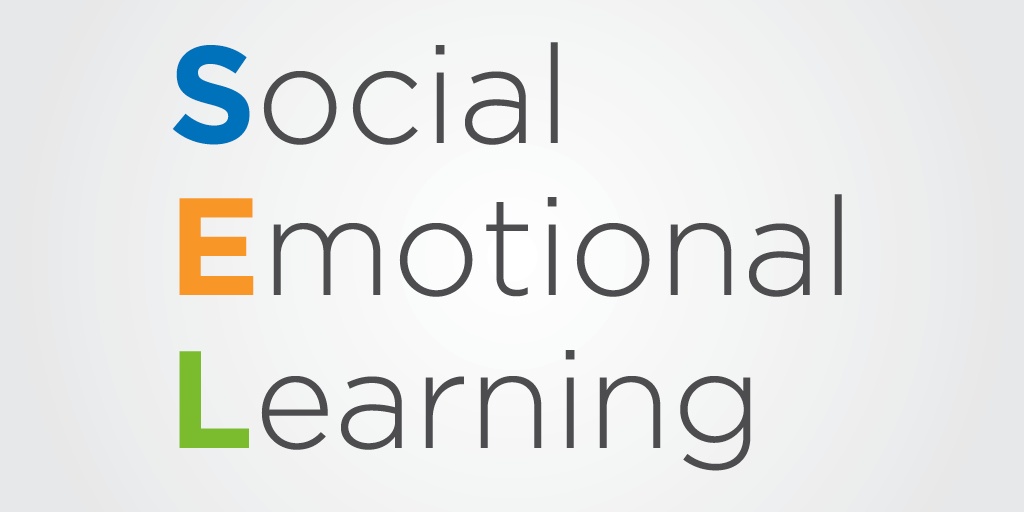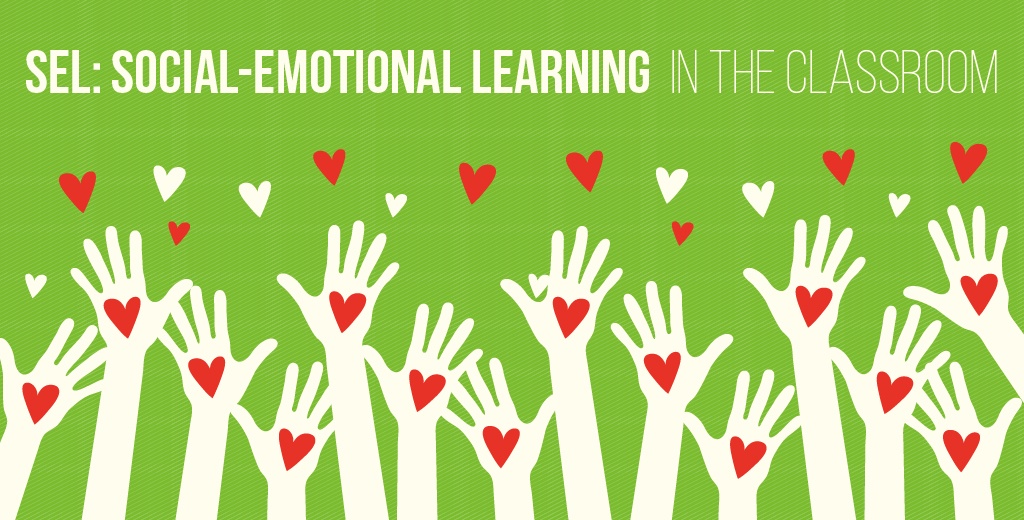Many educators would agree that there has been an increase with students displaying anti-social tendencies and a struggle with social skills over the past 10 years. There are different theories about the root cause of this, but one that I have heard recently seems very logical on the surface. It goes something like this: Adults and students are spending more time than ever interacting over devices (screens) and not face to face. This reality hurts students’ development because they are unable to interpret social cues, facial expressions, and voice inflection. This has resulted in students who struggle more with social skills like cooperation and conflict resolution than in previous generations when screen time was less frequent.
When Computer Science and Social-Emotional Learning Collide
Topics: tips for teachers, SEL
In the years that have followed the No Child Left Behind era, schools, teachers, and administrators have learned that a hyperfocus on reading and math doesn’t produce the best outcomes for students. We all knew that our students were so much more than a test, and now that we don’t have our entire system centered around these scores, we can refocus on what truly matters.
Many schools are discovering that students with strong social-emotional skills, especially in early childhood, have better outcomes and healthier lives over peers who do not. This probably doesn’t surprise most of us. Being able to cooperate, compromise, empathize, and negotiate are skills that help all of us be successful—much more so than a score on a test.
Topics: Administrator Resources, tips for teachers, SEL
Social-emotional learning (SEL) is critical in today’s classroom. Students need to be taught how to handle their emotions in order to be contributing members of society. Students don’t always come to school equipped with these skills, which makes our job of teaching them even more important.
Topics: 21st Century Skills, Administrator Resources, tips for teachers, SEL




